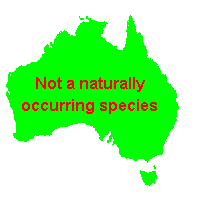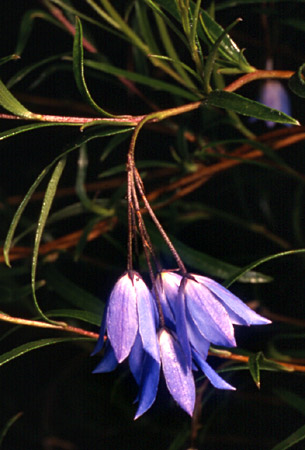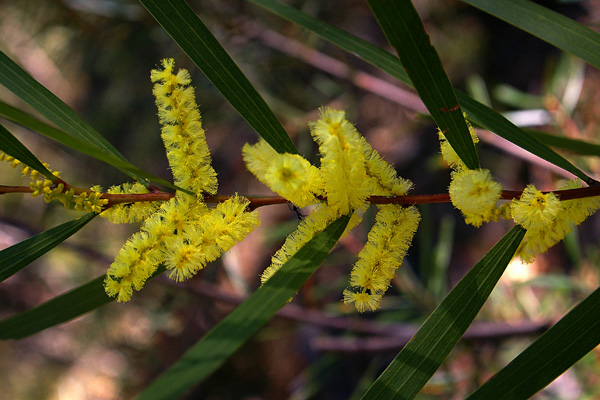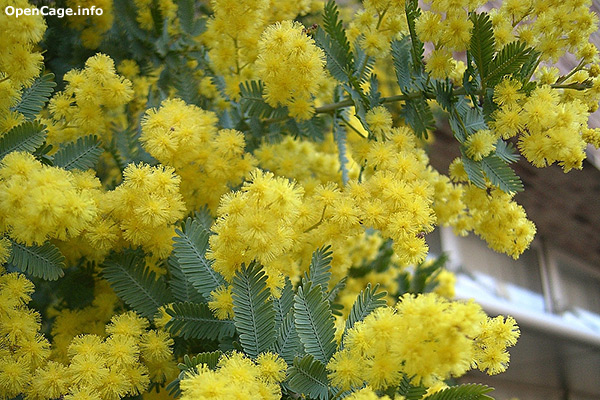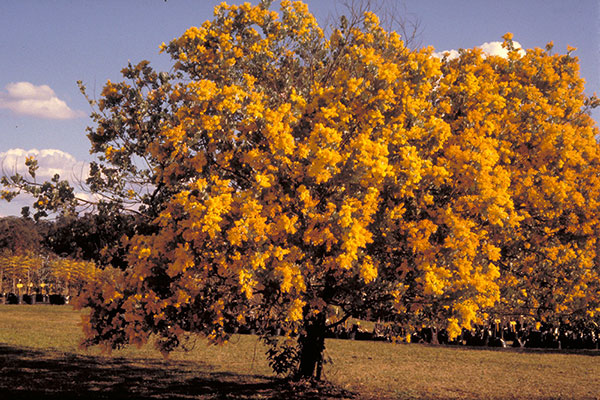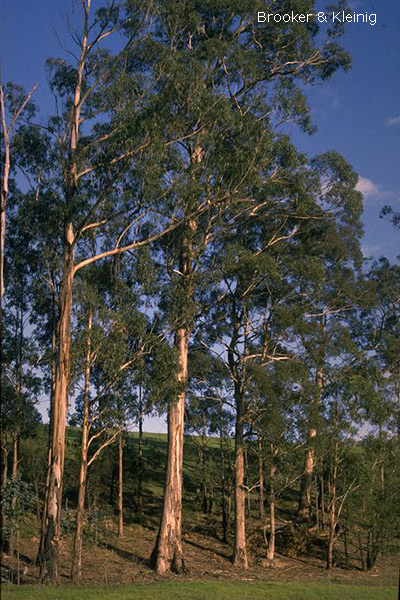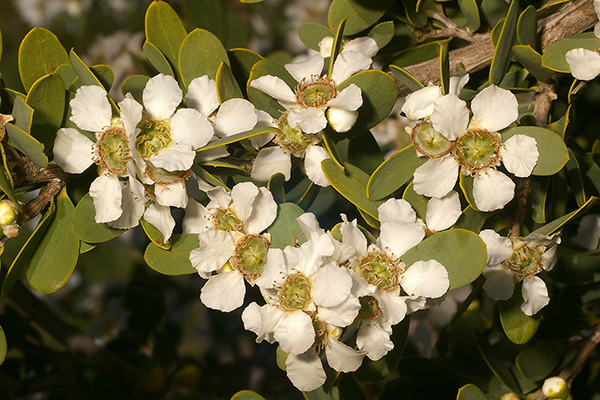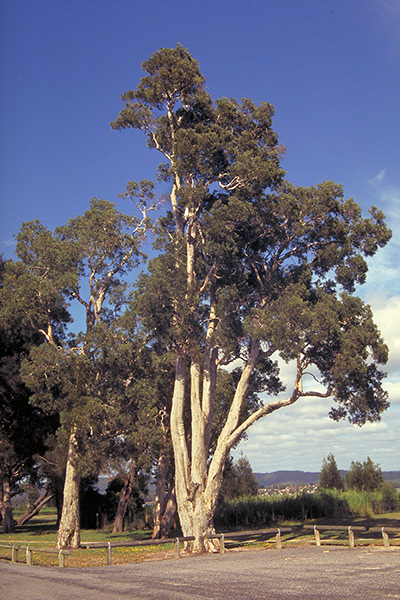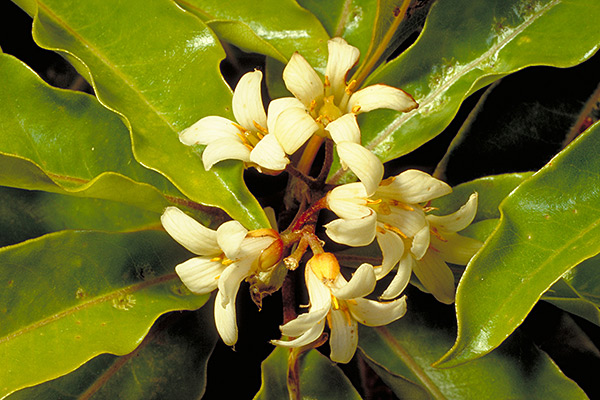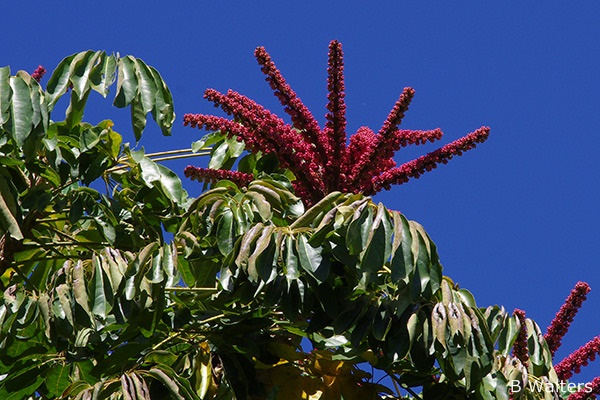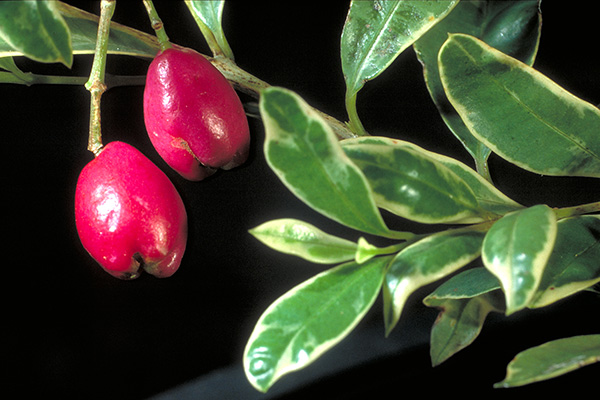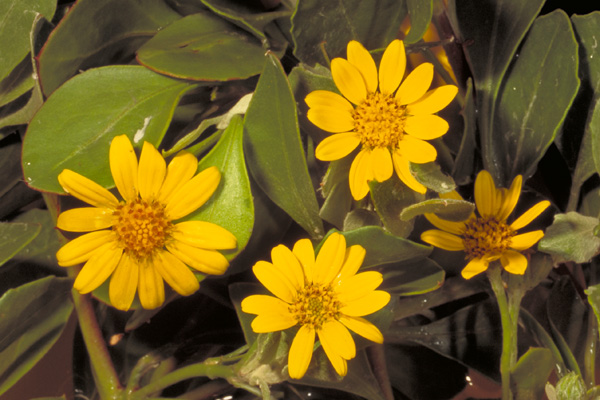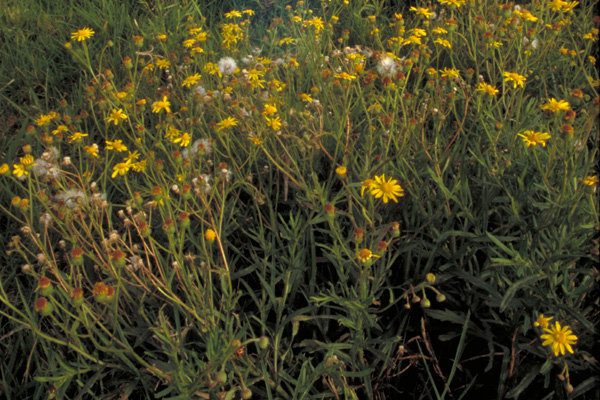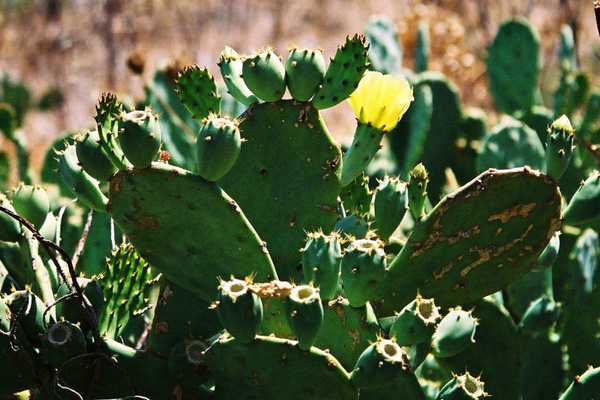General Description:
Westringia is a genus of about about 28 species which occur only in Australia. The genus is closely related to the better known Prostanthera, the “mint bushes”. The main difference between Westringia and Prostanthera is that in Prostanthera the calyx at the base of each flower is is two-lipped while in Westringia the calyx is divided into 5 segments.
All westringias are small to medium shrubs with white or mauve flowers. W.fruticosa is the best known species and is believed to be one of the parents of the hybrid ‘Wynyabbie Gem’, the other parent being W.eremicola. The cultivar name is taken from Wynyabbie Nursery in Queensland where the hybrid was raised.
Westringia ‘Wynyabbie Gem’ is a shrub which may reach about 1.5 metres high by a similar spread. It has a dense, bushy habit which makes it ideal as a low screening or hedging plant. Flowers are lilac/mauve in colour and are seen mainly in spring. It has inherited the hardiness of its parent W.fruticosa and has proven to be a reliable plant in most climates and soils provided they are reasonably well drained. The plant prefers a sunny or lightly shaded location and will become less densely foliaged in areas of significant shade. It responds well to pruning if required and is tolerant of at least moderate frost and coastal conditions.
Propagation is easy from cuttings.
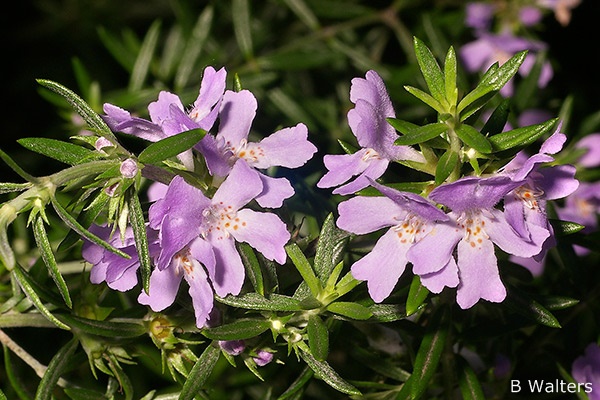
Westringia ‘Wynyabbie Gem’
Photo: Brian Walters
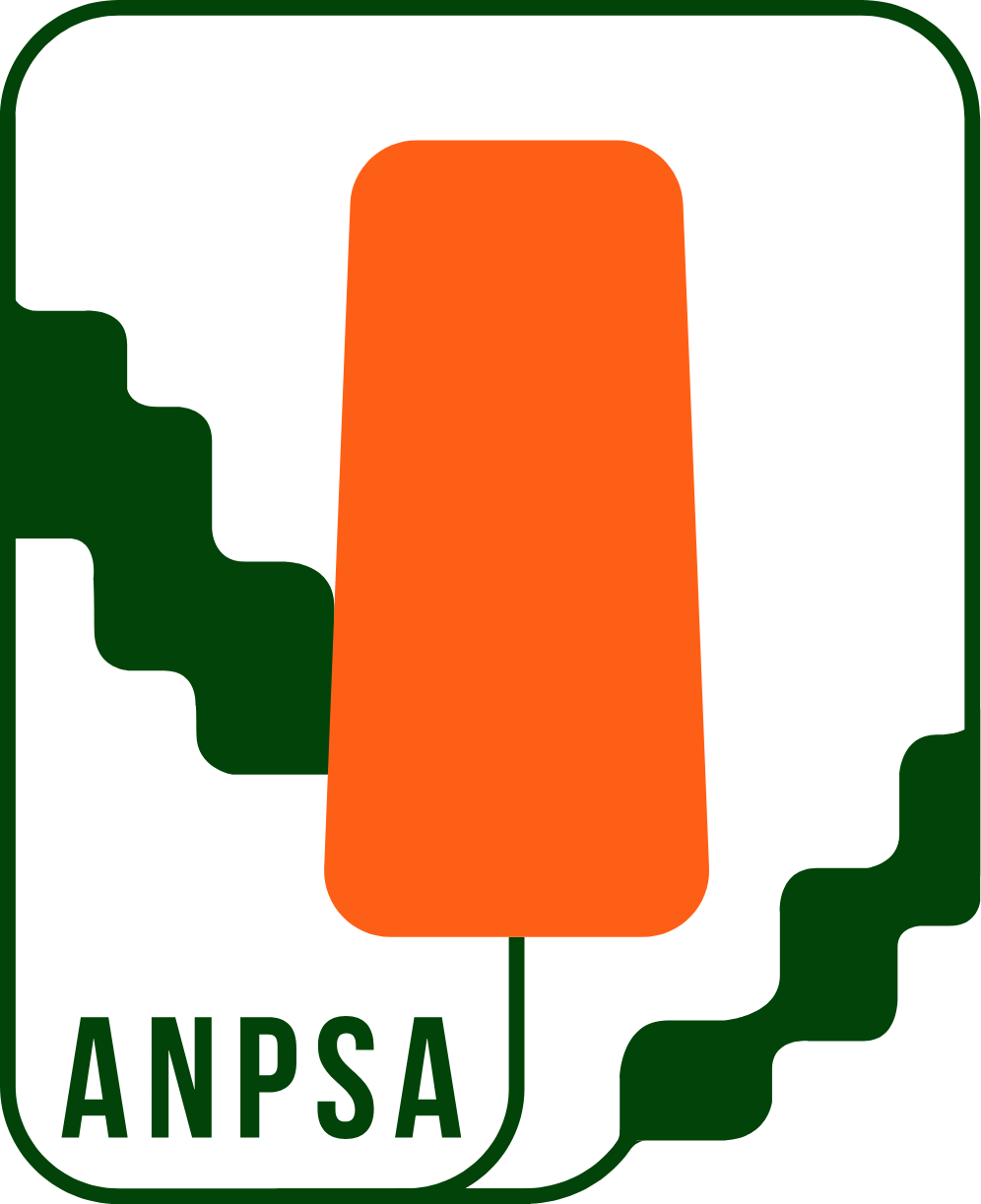 Australian Native Plants Society (Australia)
Australian Native Plants Society (Australia)